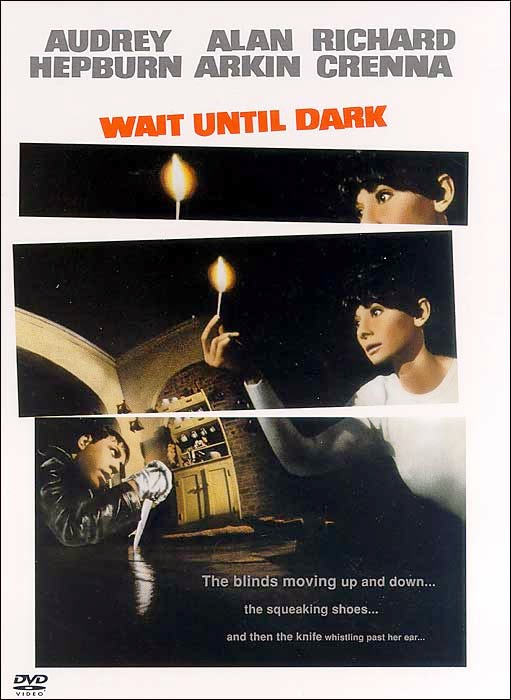This morning, please finish reading
The Zoo Story if you did not do so already. If you did (and answered the questions--see the handout I gave you last class! & turn this in if it's complete)--you may pick a partner or work alone to complete the project below:
PLAY SCRIPT PROJECT (instructions: please READ!)
Read and follow the steps below to complete this project:
1. Plays are meant to be performed by live actors (the dead ones are not as animate).
2. Playwrights (play
wright, as in wheel wright or crafter) craft their plays around intense CONFLICT.
3. As stated previously, there are four types of conflict:
a. Person versus Person
b. Person versus Self
c. Person versus Nature
d. Person versus Society or God (a force larger than themselves)
4. The best plays include conflict. Usually, characters often create problems or conflict for each other. But conflict in characters may also include conflict within themselves as they struggle with their own morals or beliefs about a situation, trying to work it out verbally in the presence of other characters. The most important point is that characters communicate this conflict.
They must speak! At different times in the play,
The Zoo Story includes many conflict types: A, B, and D, specifically. When we talk about conflict C (nature) we often mean HUMAN nature or how humans react to the natural world.
5. You are going to create your own short play following the standard playwriting format. The standard playwriting format is the following:
a. Stage directions are usually italicized and enclosed in (parenthesis).
b. A character who speaks a line has their name in CAPITAL LETTERS.
c. The character’s name is centered on the page.
d. Lines that are spoken (dialogue) are NOT centered.
e. A directional comment is placed in italics and parenthesis next to the name of the character speaking, if relevant. Many playwrights try to avoid these unless the dialogue is cryptic. Technically, the dialogue needs to indicate the emotion, not the stage direction.
f. Short actions or stage directions that indicate physical activity are enclosed in parenthesis and italicized when the action occurs during the spoken line (usually the beginning).
g. Long or complex actions that include technical information can either be off-set as its own stage direction (in parenthesis and italicized) or embedded in the line of dialogue.
h. Scripts are NOT double spaced. There is always a skipped blank line (one of these only) between lines of dialogue.
If you get lost or confused, take a look at the format in the book you are reading. Being observant helps.
6. Your “play” should be fewer than 10 pages and longer than 4. (7-8 is preferable, but for some of you I'll take what I can get.)
7. You should set your play in one setting only. Do not change scenes yet. In
Zoo Story for example, there's only one setting: the park. Choose only one setting for your play! You may choose a single setting from your brainstorming done last class! Handy, ain't it?
8. Pick a setting that reflects your characters, their motivation or what they want or desire, the conflict (see #3), or the mood of your scene.
9. Include no more than four (4) characters. If you are writing with a partner, each of you should "play" these characters by writing the dialogue only for these 1-2 characters. You may also pick these from the pre-writing you did last class. Or start fresh. Just get on with it. Each character should have a name and an occupation or a main physical, mental, or social trait.
10. For each character you add, give a short description about them in the beginning of the script. See pg. 11 in
The Zoo Story as an example.
11. Describe the initial action and situation of the play. What is happening when the lights go up or the curtain rises? Again an example of this can be found in the play you just read (The Zoo Story) on page 11-12.
12. Your play MUST include at least one
monologue. Monologues are effective in developing characters. For a good example of this, see the story of 'Jerry and the Dog' (pages 36-44).
13. Due date is set for Thursday, Dec.11. Get writing today!
NOTE: I suggest saving your work on your Google Drive so that you can share your work with your partner or get your hands on it when you are not in school or in this lab! Good idea!
Homework: Please go ahead and read
The Death of Bessie Smith and
the Sandbox as other examples of absurdist theatre. Be prepared to be a little shocked and confused. This is natural with Albee's work. See below:
The purpose of
absurdist theatre is to metaphorically or figuratively comment on some aspect of the human condition in
symbolic terms. Often, in absurd plays, the meaning reflects the existential philosophy of the playwright (which can be bleak sometimes).
Part of the fun of
Absurdism is the dream-like quality of the story (which doesn’t always make sense at the moment). After reading these two plays, respond to them as a reader and writer. Consider what surprised or pleased you, what frustrated you with the style or characters, what you would do differently, what you understood and got out of the play, etc. Your response is extra credit and is also due on Thursday, Dec. 11. I'll even take it on Monday, Dec. 15 since that's my birthday.


